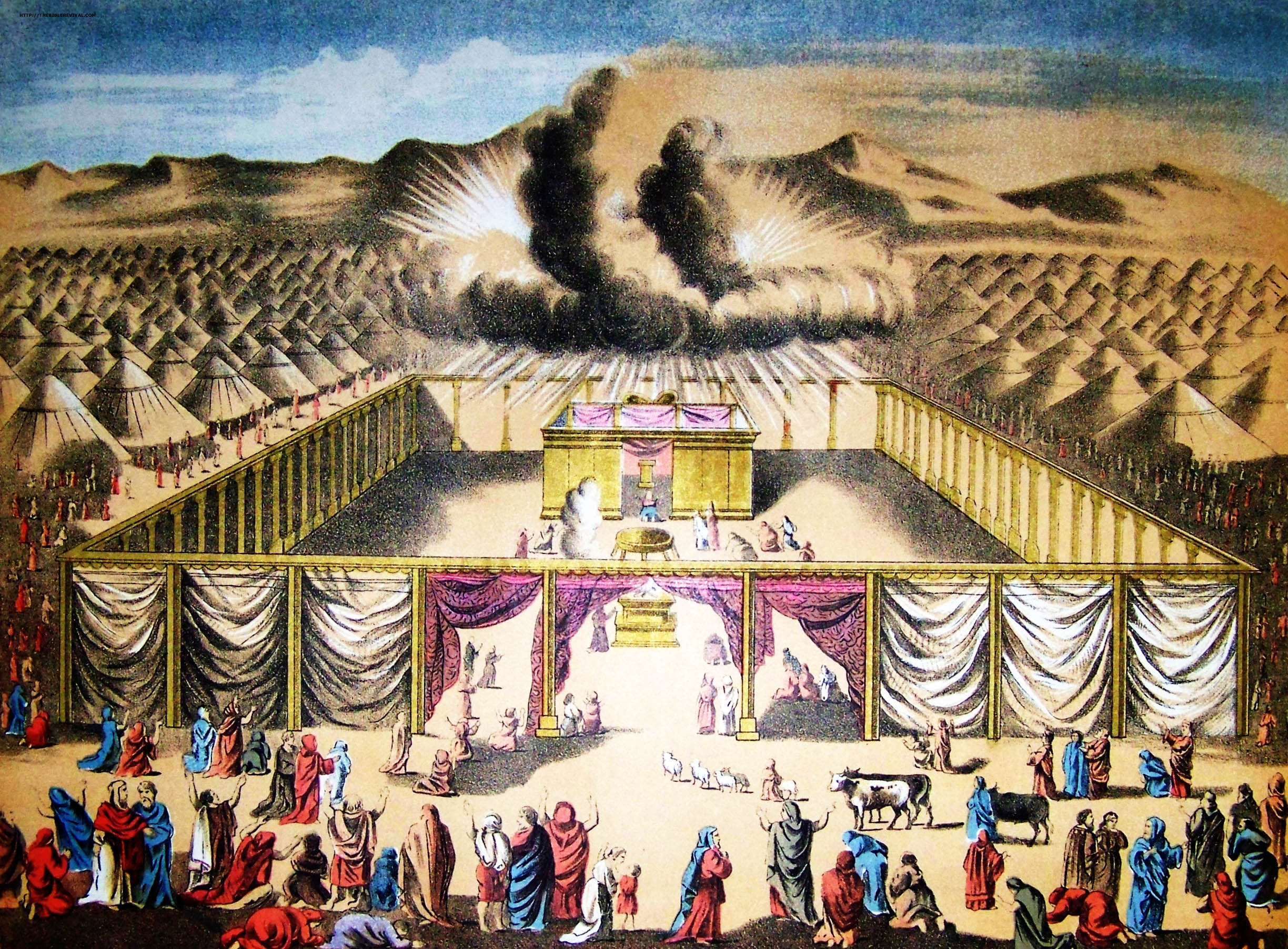John 20:23, If you forgive the sins [NKJV] or Whose soever sins ye remit [KJV]. Forgive is the Greek word aphiemi, which has a wide range of meanings including “to send away, to permit, allow, not to hinder, to give up a thing to a person, to leave, go way from one, to let go, let alone, let be, to disregard, to leave, not to discuss now, to omit, neglect.” Of the 146 times this word occurs in the NT, in the KJV aphiemi is translated as “forgive” 47 times (as in forgiving sins; e.g. Matt 6:12, 14; 9:2, 5, 6; 12:31; 18:12; Rom 4:7; Jas 5:12; 1 John 1:9; 2:11, etc.). The KJV also translates this word as “leave” (52 times), “suffer” (meaning “allow, let or permit”, 14 times), “let” (8 times), “forsake” (6 times), “let alone” (6 times).
What would be the purpose of remitting someone’s past sins (assuming that one has the authority to do so)? By asking heaven’s court to forgive a person’s sins, this could possible open the doorway to salvation to them by lessoning the burden of sin and the guilt, shame, hopelessness, depression and fear that comes with sin. With these burdens removed by which the forces of darkness keep that person imprisoned to their sin, they might actually come to see the glorious light of Yeshua and be set free and come to salvation.
The Greek word for forgive (aphiemi ) in John 20:23 is different than the Greek word translated as “to loose” (i.e. deo; e.g. Matt 16:19; 18:18) as in “binding and loosing,” or in Matt 12:29 as in “binding the strong man” when casting a demon out of someone.
Similar to the binding and loosing scriptures (Matt 16:19 and 18:18), in John 20:23, Yeshua is giving his disciples judicial authority to declare a person innocent or guilty (i.e. bound or loosed) of the charges made against him by someone else. This seems to go hand-in-hand with Yeshua giving his apostolic disciples the keys of the kingdom (Matt 16:19) as his spiritual authorities and representatives on earth to make decisions with regard to legal scriptural matters and to render legal decision in church matters. Moreover, Yeshua also gave his disciples authority and power over demonic forces and Elohim’s enemies (Luke 9:1; 10:19), including over sickness and disease (Mark 16:17–18).
Loose as used in the Matt 16:19 and Matt 18:18 is the Greek word deo meaning “to bind tie, fasten, to bind, fasten with chains, to throw into chains, being bound by Satan or his demons, put under obligation of the law, to be bound to one, a wife, a husband, to forbid, prohibit, declare to be illicit.” The counterpart to binding is loosing is the Greek word luo meaning “to loose any person (or thing) tied or fastened, to loose one bound (i.e. to unbind, release from bonds, set free), to loosen, undo, dissolve, anything bound, tied, or compacted together.”
The concept of binding and loosing was also a first century Jewish colloquial expressions relating to correctly or incorrectly interpreting the Torah. If the Jewish legal scholars believed that a person was incorrectly interpreting the meaning of a Torah law or one of the traditions of the elders, they accused him of breaking or loosening (luo) the law or making it less binding or less strict (deo). This was the case when Yeshua picked some grain to eat on the Sabbath in John 5:18. The NKJV and most English translations of this verse incorrectly state that “he broke the Sabbath.” This is a misleading, faulty and unfortunate translation of the Greek word luo. It is unthinkable and unscriptural to think that the perfect and sinless Yeshua actually sinned by violating the fourth commandment. In reality, he loosened the Jewish extra-biblical legal restrictions that forbad anyone from picking a handful of grain to eat on the Sabbath—something that the Torah doesn’t consider to be work (as opposed to harvesting a whole field of grain), and thus doesn’t forbid. Luo in this sense may possibly be read into Matt 5:19, John 7:23, and 10:35 as well.







